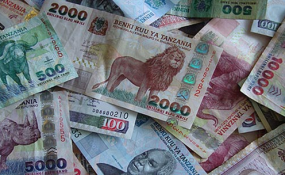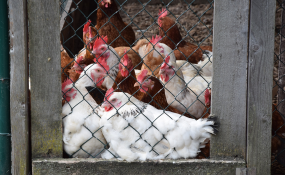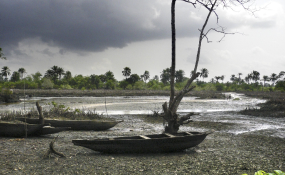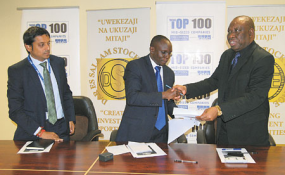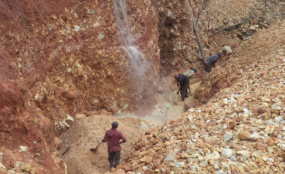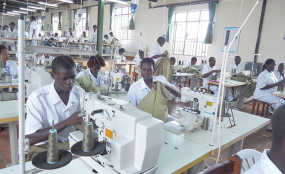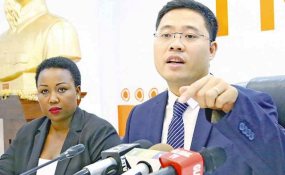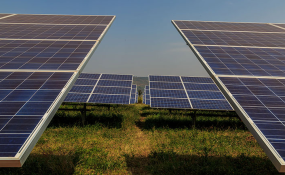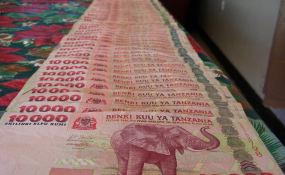ANALYSISBy Jonia Kashalaba
Small and medium enterprises (SMEs) play a crucial role in the economy of developing countries like Tanzania. According to the Tanzania Chamber of Commerce, Industry and Agriculture, more than 95 per cent of businesses in Tanzania are SMEs which together contribute 35 per cent of the country’s Gross Domestic Product (GDP) and generate up to 40 per cent of total employed workforce.
Despite their contribution to the economy, SMEs in Tanzania face a number of challenges affecting their growth and profitability. One of the major ones is compliance with tax regulations with regular complaints on multiplicity of taxes and high tax rates.
Additionally, most SMEs lack experience with regards to tax matters making the cost of complying with tax regulations high. As a result, most of their revenues go into paying taxes and complying with tax regulations. The consequence of this is that the SMEs either close due to lack of profitability or hide in the informal sector.
Although taxation of businesses is a necessity as a source of the government’s revenue, in my view, reducing the tax burden for SMEs would have a positive impact on the country’s economy. For example reduction of payroll taxes (e.g. removal of requirement to pay SDL) would encourage SMEs to employ more people. Furthermore, reduction of tax rates would encourage more small businesses to operate in the formal sector and thus increase the tax government collections.
So what can be done to improve the tax environment for SMEs? My suggestion would be measures to reduce the tax burden on such SMEs both in terms of administrative cost and actual tax cost, by special measures for SMEs that reduce both the number of taxes paid (and therefore the administrative burden) and tax rates.
An increase in the annual VAT threshold (from Sh100m (approximately $45k) to say Sh200 million (approximately $90k) is one of the changes that could be made. This would free many SMEs from the administrative challenges of VAT accounting. Many might say that this is a significant jump considering that the threshold was only recently increased to Sh100 million from Sh40 million. However, the point is that most VAT revenues are generated from a narrow band of goods and services on which most of the budget of the ordinary consumer is spent – for example, telecommunications, electricity, soft drinks, alcohol and tobacco products, sugar and cement.
So such a change is unlikely to lead to any significant loss of tax revenue. Indeed such a change may instead result in a positive contribution to tax revenue based on (a) certain taxpayers declaring higher revenues so as to be able to remain VAT registered and thereby offset VAT inputs; and (b) other taxpayers being deregistered (resulting in a revenue gain if VAT on inputs (no longer claimable following deregistration) exceeded the additional VAT they accounted for on their margin (prior to deregistration)).
Although the threshold in our neighbouring countries is not dissimilar (Kenya Ksh 5 million, c. $50k; Uganda UGX 150 million, c $45K; Rwanda RWF 20 million, c. $31k)), it is clear from PwC’s recent “VAT in Africa” publication that there are a number of other African countries with much higher VAT registration thresholds – including Botswana (c. $92k), Gabon (c. $122k), Lesotho (c. $70k), Zambia (c. $80k), Zimbabwe ($60k). Accordingly, a move to a threshold equivalent to $90k would not be unreasonable.
Indeed I would argue that one could even contemplate a move to a much higher figure of Sh500 million than Sh200 million that I propose but I assume that this would be a step too far for the policy makers.
The inability to claim input tax for those below the VAT registration threshold could in fact represent a tax increase from some businesses, and so another proposed change is a reduction of the income tax rate (from 30 per cent to 15 per cent) for companies with annual turnover below the VAT registration threshold. Given the likely increased tax burden resulting from inability to reclaim VAT inputs, it is not unreasonable to reduce the income tax rate. In addition, such a change is more likely to encourage compliance.
I also propose that skills and development levy (“SDL”) should not apply to companies with turnover below the VAT registration threshold. Currently, all companies with more than four employees are required to pay SDL at a rate of 4.5% of payroll costs and file monthly SDL returns. This risks discouraging small businesses from hiring many employees and in some cases also discourages compliance.
The proposed change (which could alternatively be linked to headcount rather than turnover) would reduce the payroll tax burden and thus encourage formalisation of businesses, hiring of more employees, and compliance by businesses that are currently not complying. Perhaps this would also improve Tanzania’s Paying Taxes ranking (as excessively high payroll taxes are a key contributor to our poor ranking in the Paying Taxes indicator of the World Bank “Doing Business” publication).
Most of you may ask what would be the economic impact of the proposed tax changes. The answer to this is that the impact (if any) will not be significant as tax collection statistics show that most of revenue collections are either from (i) large taxpayers department or (ii) taxes on imports.
In particular, based on the TRA revenue collections report for the six months to December 2016, 80 per cent of the revenue collections are from imports and large taxpayers. This does mean that the revenue risk of tax reductions targeting SMEs is relatively little. In addition, as noted above, the potential upside from increased taxes resulting from increased compliance could be significant.
Ms Kashalaba is a tax manager at PwC Tanzania. The views expressed do not necessarily represent those of PwC.)

